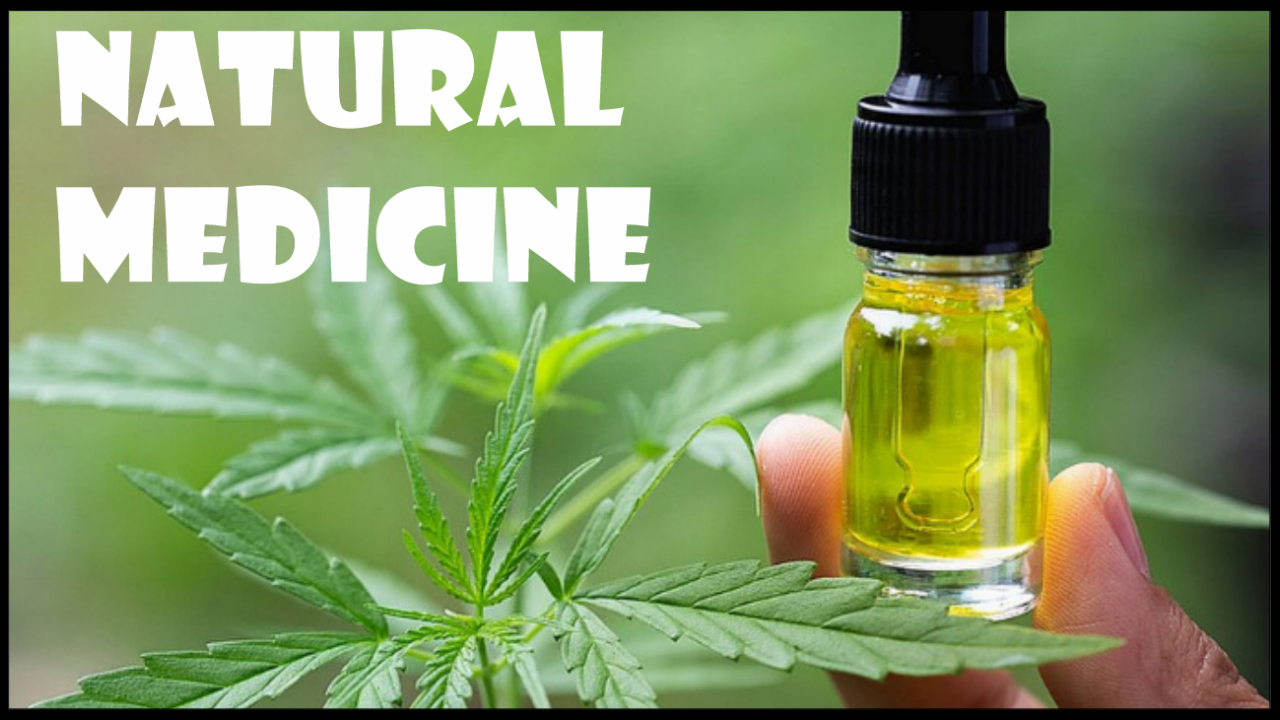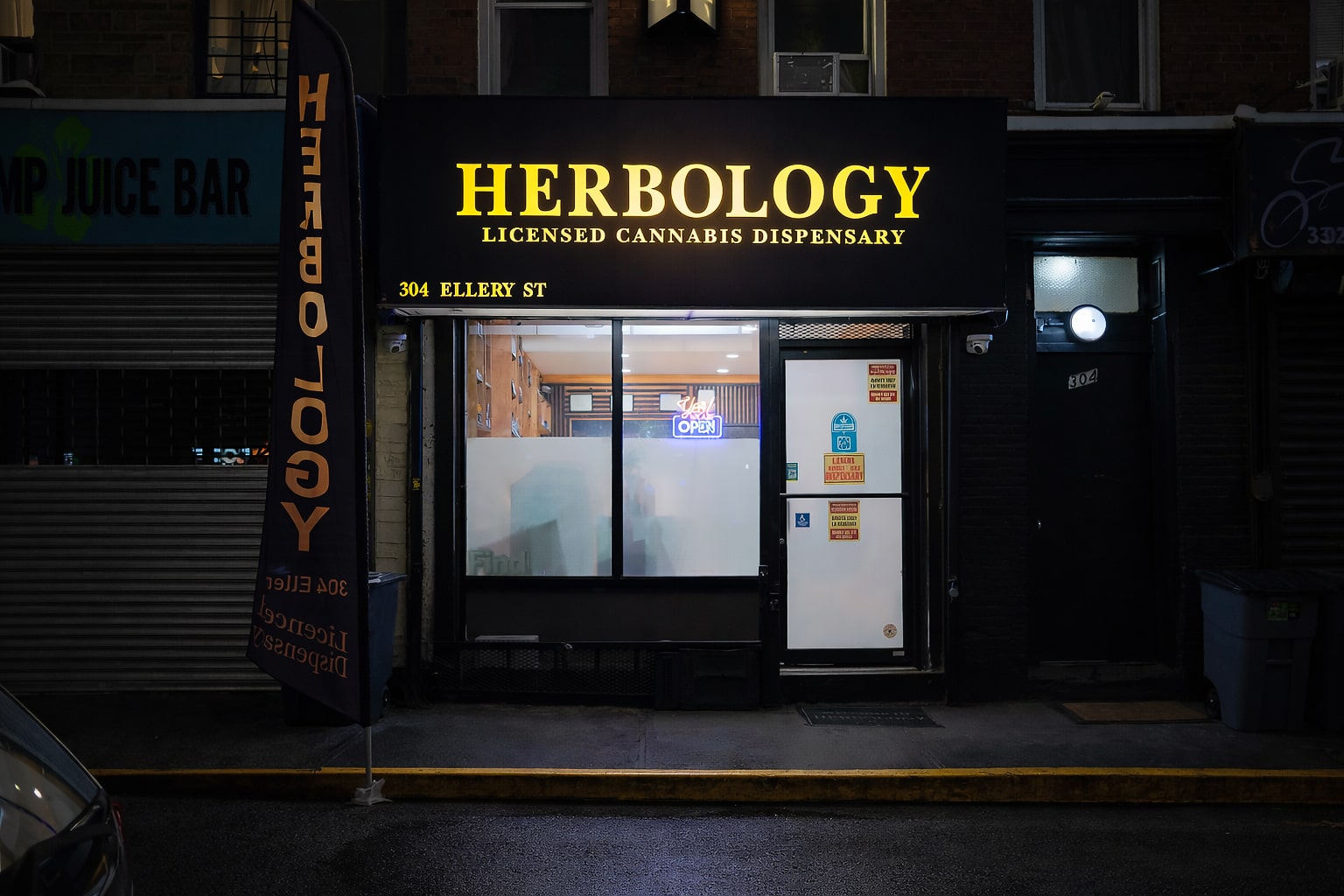The Benefits of Medicinal Cannabis Compared to Pharmaceuticals
Cannabis has been used as a natural medicine for thousands of years, offering relief from pain, anxiety, and various physical and mental ailments. In recent decades, scientific research has increasingly supported the medicinal benefits of cannabis, making it a viable alternative to many pharmaceutical drugs. While conventional medications can be effective, they are often associated with dangerous side effects, addiction risks, and long-term health complications. In contrast, cannabis offers a more natural, holistic treatment with fewer adverse effects, making it an attractive option for patients seeking safer alternatives.
1. Cannabis for Anxiety Relief vs. Pharmaceutical Alternatives
Anxiety disorders affect millions of people globally, and pharmaceutical medications like benzodiazepines (e.g., Xanax, Valium) or selective serotonin reuptake inhibitors (SSRIs) (e.g., Prozac, Zoloft) are commonly prescribed to manage symptoms. While these drugs can be effective, they often come with serious drawbacks.
- Pharmaceutical Risks:
- Benzodiazepines can lead to dependency, addiction, and withdrawal symptoms that worsen anxiety over time.
- SSRIs may cause sexual dysfunction, weight gain, and emotional blunting.
- Long-term use of pharmaceutical anxiolytics may also impair cognitive function.
- Cannabis Benefits:
- Cannabis, particularly strains with a balance of CBD and THC, has been shown to reduce anxiety by interacting with the body’s endocannabinoid system.
- CBD (cannabidiol) is especially effective for managing anxiety without the psychoactive effects of THC, making it a safer option for daily use.
- Unlike benzodiazepines, cannabis is non-addictive and does not cause life-threatening withdrawal symptoms.
- Additionally, cannabis may promote better sleep, further reducing anxiety levels in individuals with sleep-related disorders.
2. Cannabis for Pain Management vs. Opioid Medications
Chronic pain is one of the most common conditions for which people seek medical cannabis. Traditionally, opioids such as oxycodone, morphine, and fentanyl have been prescribed to treat moderate to severe pain. However, opioids come with a high risk of addiction, overdose, and dangerous side effects.
- Pharmaceutical Risks:
- Opioid use can lead to tolerance, requiring higher doses over time, which increases the risk of addiction and overdose.
- Long-term opioid use can impair liver function, cause gastrointestinal issues, and even lead to respiratory depression.
- The opioid epidemic has highlighted the dangers of pharmaceutical painkillers, with tens of thousands of overdose deaths occurring annually.
- Cannabis Benefits:
- Cannabis offers a safer alternative for pain relief, with far fewer side effects and no risk of fatal overdose.
- THC (tetrahydrocannabinol) is particularly effective for managing chronic pain by interacting with the brain’s pain receptors, reducing the perception of pain.
- CBD also offers anti-inflammatory properties, making it beneficial for conditions such as arthritis, multiple sclerosis, and fibromyalgia.
- Unlike opioids, cannabis does not cause life-threatening respiratory depression, making it a safer long-term option for pain management.
3. Cannabis for Mental and Physical Healing
Cannabis is increasingly recognized for its holistic healing properties, addressing both mental and physical ailments without the harmful effects associated with many pharmaceuticals.
- Pharmaceutical Risks:
- Many medications used to treat mental health disorders, such as antidepressants and antipsychotics, have side effects ranging from drowsiness and weight gain to sexual dysfunction and emotional numbing.
- Physical medications, such as corticosteroids or NSAIDs, can cause stomach ulcers, kidney damage, or increased blood pressure with long-term use.
- Cannabis Benefits:
- Cannabis offers a natural alternative for managing symptoms of depression, PTSD, and even neurological disorders such as epilepsy.
- CBD-dominant cannabis products have been shown to reduce the frequency of seizures in treatment-resistant epilepsy patients.
- For physical healing, cannabis’ anti-inflammatory properties can aid with conditions such as Crohn’s disease, irritable bowel syndrome (IBS), and autoimmune disorders.
- Topical cannabis products can be applied directly to the skin for localized pain relief, offering a non-invasive option for managing muscle pain and inflammation.
4. Fewer Side Effects and Lower Dependency Risk
One of the most significant advantages of cannabis over pharmaceutical drugs is its comparatively mild side effect profile.
- Pharmaceutical Side Effects:
- Long-term use of prescription drugs can lead to severe side effects, organ damage, and even dependency.
- Painkillers, antidepressants, and anti-anxiety medications often require additional medications to counteract their side effects, creating a cycle of polypharmacy.
- Cannabis Side Effects:
- Cannabis, when used responsibly, produces far fewer long-term side effects.
- Temporary side effects may include dry mouth, drowsiness, or short-term memory impairment, but these are generally mild and non-life-threatening.
- Cannabis does not cause organ damage or create a dependency cycle like many pharmaceuticals.
- Furthermore, the natural compounds in cannabis (terpenes, cannabinoids, and flavonoids) work synergistically to enhance therapeutic effects, reducing the need for synthetic chemical additives.
5. The Growing Acceptance of Medical Cannabis
As more research highlights the benefits of cannabis, medical establishments are increasingly embracing it as a legitimate treatment option.
- Legal Access and Regulation:
- With the legalization of medical cannabis in many regions, patients now have safer access to lab-tested, high-quality products.
- This ensures they are using safe and consistent dosages, unlike the often unpredictable side effects of pharmaceuticals.
- Individualized Treatment:
- Medical cannabis allows for personalized treatment plans, with strains and consumption methods tailored to each patient’s unique needs.
- Patients can choose between tinctures, edibles, oils, or vaporizers to suit their lifestyle and condition.
Cannabis is proving to be a powerful and versatile medicinal tool, offering effective relief for anxiety, pain, and various mental and physical conditions. Unlike pharmaceutical medications, which often come with dangerous side effects and a risk of addiction, cannabis provides a safer, natural alternative. With its anti-inflammatory, anxiolytic, and analgesic properties, cannabis offers patients a holistic solution with fewer risks and greater potential for long-term healing. As cannabis continues to gain acceptance in the medical field, more people are recognizing its potential to improve quality of life without the dangerous consequences associated with pharmaceutical drugs.
Sid Prince





